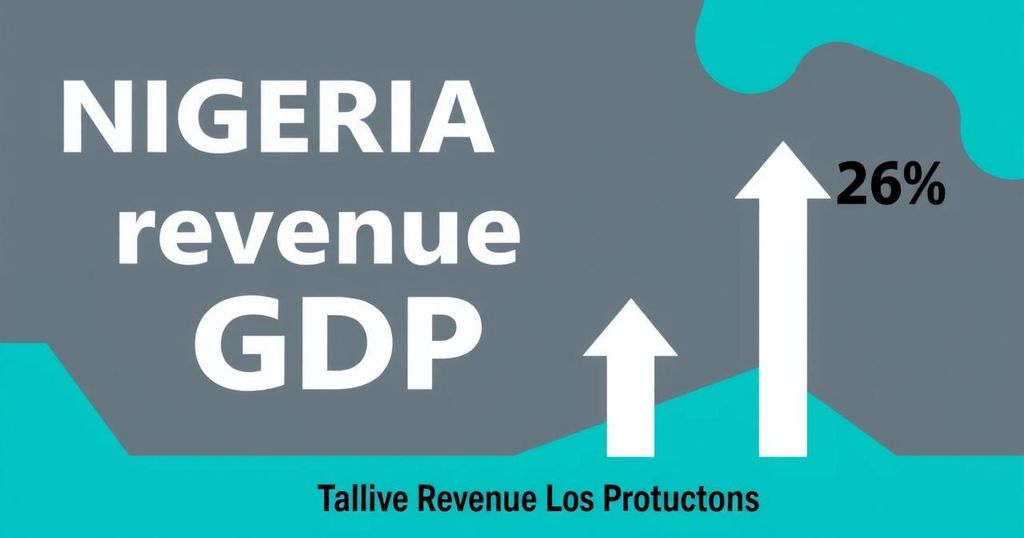IMF Predicts 0.5% Revenue Loss for Nigeria Due to VAT Decision
- IMF predicts 0.5% GDP revenue loss for Nigeria due to VAT decision.
- Current VAT rate maintenance could lead to an immediate revenue shortfall.
- Delay in VAT hike considered reasonable amid high poverty rates.
- State and local governments might face budget cuts or seek new revenue sources.
- Nigeria’s low revenue-to-GDP ratio is one of the lowest globally.
IMF’s Concerns About Nigeria’s Tax Revenue Situation
IMF Predicts Revenue Loss Related to VAT Decision for Nigeria. The International Monetary Fund recently revealed that Nigeria’s Federal Government could experience a GDP revenue loss of up to 0.5% due to its decision not to increase the Value Added Tax (VAT) rate. This prediction comes from the IMF’s latest Article IV Consultation Report, which indicates that, although tax reforms have been tailored to modernize the VAT and Company Income Tax (CIT) systems, the decision to maintain the current VAT rate could lead to a substantial revenue decline immediately.
Delaying VAT Hike Raises Fiscal Concerns
The IMF report observed that while it is understandable to delay a VAT hike, particularly given the high levels of poverty and food insecurity currently prevalent, it still warns of a significant potential revenue shortfall at both state and local government levels. The report highlights that only a fraction of the targeted households have benefited from the cash transfer program, which raises concerns about imposing a VAT increase at this moment. Without alternative financing options, subnational governments may need to either cut their spending or boost their own revenue efforts, placing additional pressure on public finances.
Challenges and Progress in Tax Reform Agenda
Despite these challenges, the IMF commended the Nigerian government for its ongoing tax reform initiatives led by the Presidential Committee on Fiscal Policy and Tax Reforms. These reforms are viewed as vital for lifting Nigeria’s low revenue-to-GDP ratio. Enhancements to the VAT and CIT frameworks, along with measures to monitor compliance digitally, are expected to yield significant revenue resources in the medium term. Interestingly, although the total revenue and grants for 2024 showed notable growth, public debt has also surged, leading to concerns regarding fiscal sustainability and excessive borrowing.
In summary, the IMF forecasts a potential GDP revenue loss of 0.5% for Nigeria due to the government’s decision not to raise the VAT rate at this critical juncture. While there is merit to delaying such a hike in light of pressing socio-economic challenges, the longer-term implications for state and local budgets could be severe. Moving forward, balancing tax reform with the need for immediate revenue generation appears to be a tightrope walk for Nigerian authorities.




Post Comment